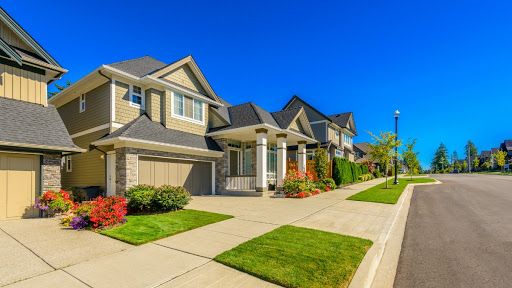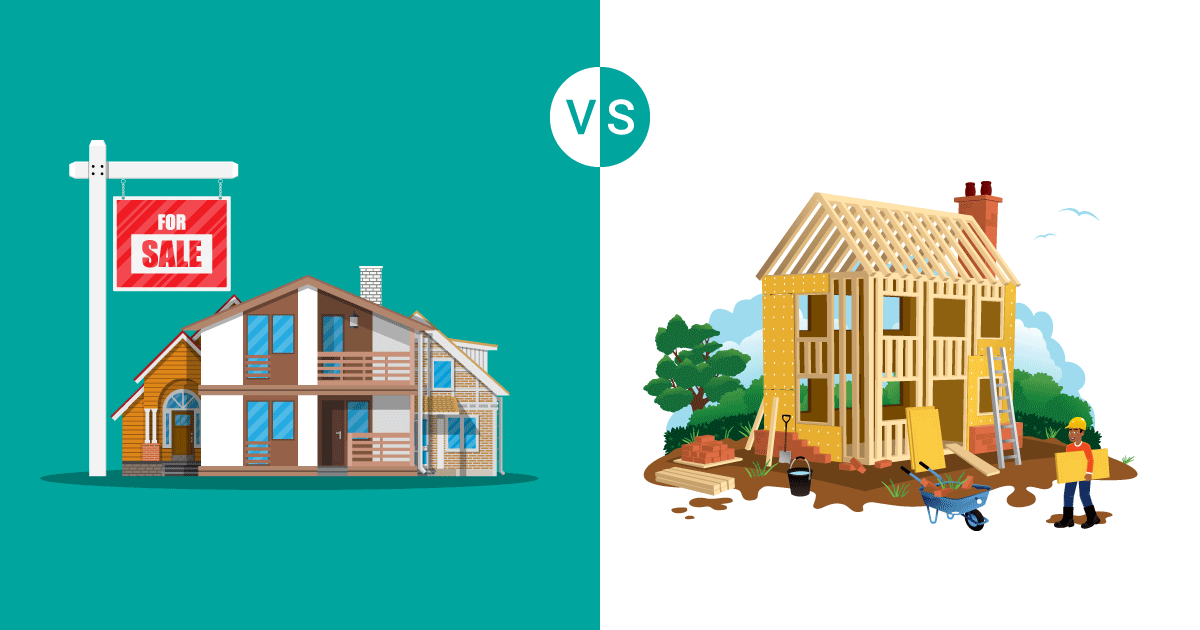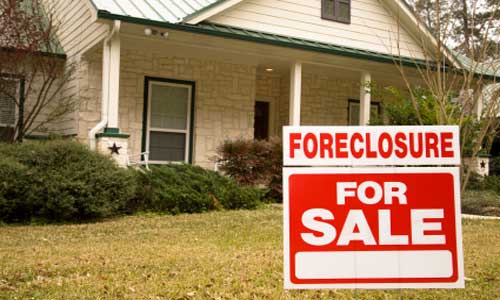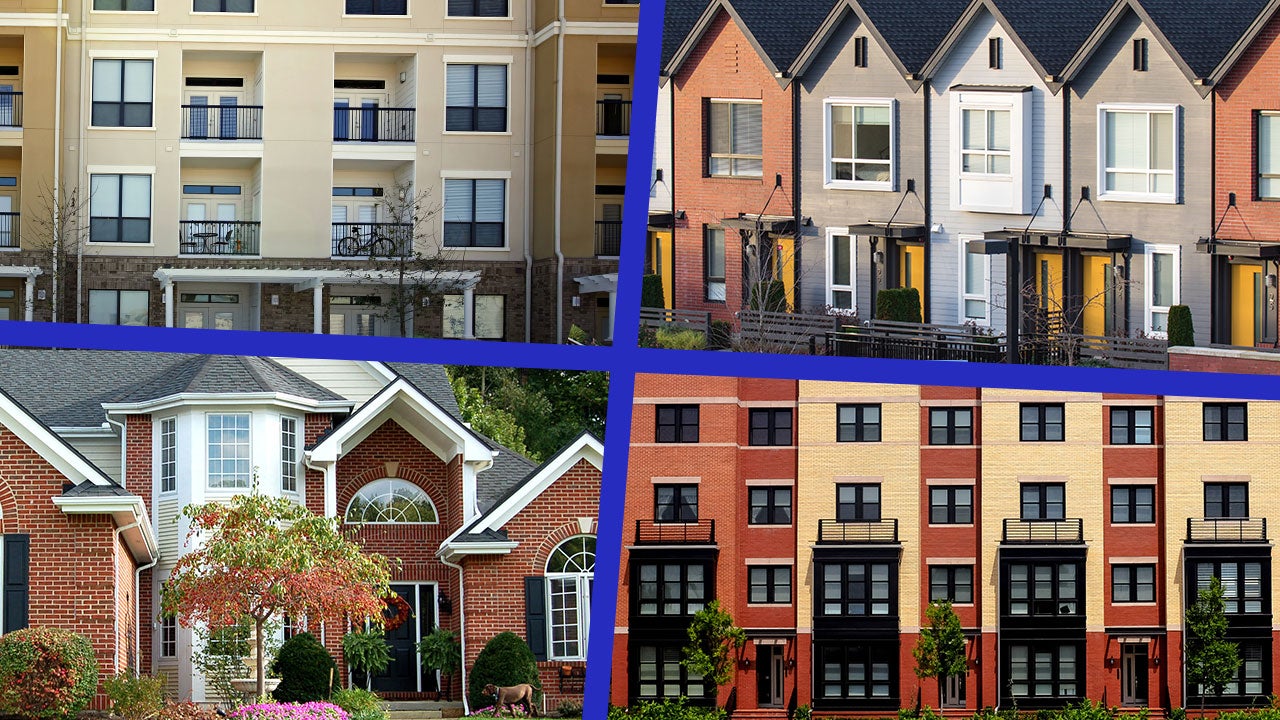Pros of Living in an HOA Community

Today, when news travels about a Homeowner’s Association (HOA), the news is not positive. Owning a home in an HOA has many benefits, however! Home hunters must remember that living in any managed property is a choice, so doing the “home” work is vital to being certain you are in the right home for you and your family.
-
- When you purchase a home in an HOA, an organization that creates and enforces rules in a subdivision or condominium, by default you are a member of that HOA and must pay fees and follow their bylaws.
-
- HOAs have rules and bylaws in place to protect property values, as well as to maintain a certain quality of life for the homeowners.
-
- Do not think about living in an organized community as a place that keeps homeowners from expressing themselves in their landscaping or house’s exterior. It is more about protecting your investment because of the home-maintenance regulations. You will appreciate this if you ever decide to sell the home.
-
- While searching for houses online, read the listing information carefully, and if the property is in an HOA, you will find the association’s name as well as the neighborhood’s fees. HOA fees can be high, but in comparison with what amenities they offer, it could save you money in the end.
-
- Performing an internet search for the specific name of a community should result in finding their website, complete with photos of homes and amenities. Some HOAs offer a readable file with more specific information, such as the community bylaws, covenants, restrictions, and fees.
-
- Not all HOAs are the same: amenities vary from community beautification, playground, swimming pool, or tennis courts to a neighborhood walking path or gym.
-
- Some associations provide security, trash pick-up, pest control, as well as street sweeping and snow removal.
-
- Choosing to live in a condominium community may be more to your liking: the HOA usually handles all landscape maintenance, as well as exterior home maintenance. You are responsible only for the interior of your home.
-
- The organization’s board members live in the neighborhood, so they are aware of needs specific to the area and can better handle solutions to any problems.
Do not pass on a home just because it is in a homeowner’s association community. Do careful research, talk to residents in the neighborhood, and ask your Realtor, as they are your first source for community information. There are many different aspects to different organizations and finding the right one for you and your family just takes a little research and thought.
Courtesy of Chester County PA Realtor Scott Darling.
Photo credit: Pinterest













